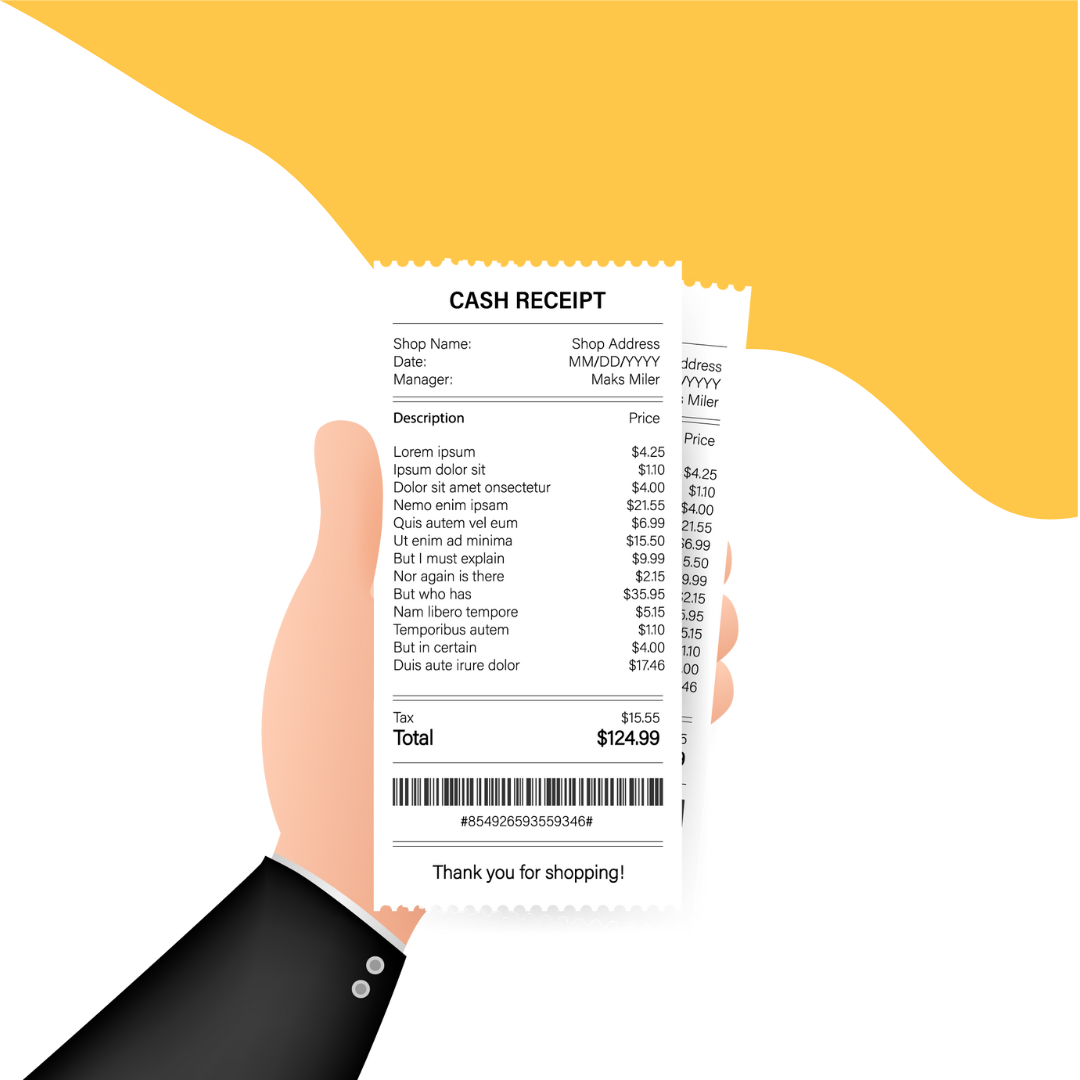HMRC Taking Money Straight from Your Bank Account? Here’s the Real Story
There’s been a lot of noise online lately about HMRC dipping straight into people’s bank accounts, and some of the posts sound like something out of a crime drama.
“HMRC can just TAKE your money!”
“Big Brother is watching your bank!”
Let’s all take a deep breath.
Yes, HMRC can do that in some cases.
No, it’s not new.
And no, they’re not sat in an office somewhere waiting to pounce the second you’re a day late with your tax bill.
So, what’s actually going on?
This process is known as Direct Recovery of Debts (DRD).
HMRC introduced this in 2015, and it essentially allows them to recover certain unpaid taxes directly from your bank or building society account.
It’s not some new power they’ve just given themselves.
It’s more like an old tool they’ve dusted off and started using again after a bit of a break.
They already had plenty of ways to chase money before court orders, debt collectors, bailiffs, you name it. DRD is just the “modern” version, a shortcut for some instances.
But don’t panic, it’s not a free-for-all.
HMRC can’t just wake up one morning and empty your account because you forgot to file your VAT return.
There are a lot of hoops they have to jump through first:
The debt must be established, so you’ve had time to appeal or argue it.
It has to be £1,000 or more.
They have likely tried to contact you multiple times by letter, email, phone calls, and even in person visits.
Before using this power, they must arrange a face-to-face visit to assess your situation and determine if there’s an alternative way to resolve it.
If they still decide to go ahead, they must leave at least £5,000 across their accounts. They can’t clear you out completely.
You’ll get 30 days’ notice before any money is actually taken - so you’ve got time to object or sort it.
So no, they can’t “just take it”.
They can only do it when they’ve tried every other way first.
Who actually needs to worry?
Let’s be honest - there are two types of people when it comes to tax:
1️⃣ The Straight-Up Sorters
These are the ones who file on time, pay what’s due, maybe grumble a bit but get it done.
If that’s you - relax. HMRC won’t be sniffing round your bank account.
2️⃣ The Bury-Your-Head-in-the-Sand Crew
You know the ones - they “forget” about the letter, or decide HMRC will “get over it”.
They’re the ones this rule is really for.
If you’ve got tax debts over £1,000, you’ve ignored the letters, and you’ve made no effort to set up a payment plan - then yes, HMRC might step in and grab what’s owed.
But even then, they’ll leave you enough to live on, and you can still appeal.
Why people are kicking off about it
It does sound a bit scary.
The idea of the taxman getting into your account feels personal. Like a financial version of someone rummaging through your fridge uninvited.
But it’s not quite that dramatic.
HMRC already has plenty of enforcement powers. This one’s just a faster, digital way of doing what they’ve always been able to do.
They’re supposed to use it sensibly, mainly on people who could pay but won’t.
And for context, they hardly ever use it - in a few years, it was only used a handful of times nationwide.
So if you’re honest and doing your best, you’ve got nothing to fear.
What if you do get a warning?
If you ever get a letter saying HMRC might recover money directly:
Please don’t ignore it. Seriously - this is the moment to pick up the phone.
Check the figures. Ensure that what they claim you owe is accurate.
Ask for help. You can appeal, set up a payment plan, or have your accountant (like us!) deal with it.
Tell them if you’re struggling. HMRC can pause or reduce recovery if you’re in genuine hardship.
Bottom line - you’ve got rights.
But the only way to use them is to talk to HMRC before they act.
Is it an intrusion?
In one sense, yes, no one likes the idea of someone reaching into their bank account.
But in reality, it’s not much different to a court enforcing a debt.
It’s designed for people who have the money but just aren’t paying.
And if we’re being brutally honest, for every person panicking about “Big Brother”, there’s another who’s been dodging the tax bill for years while the rest of us pay our fair share.
Our take (with a bit of Essex bluntness)
“If you’ve been straight with your tax, you’ve got nowt to worry about.
But if you’ve been ignoring HMRC and thinking you’ll get away with it - well, maybe it’s time to get your house in order, mate.”
Paying tax might not be fun, but it keeps the lights on, the bins emptied, and the roads somewhat drivable.
The sooner you deal with it, the less drama there’ll be.
Final Word
HMRC’s direct debt recovery sounds scarier than it is.
It’s not a new Big Brother move, just an old tool being used again to deal with the few who don’t play ball.
If you ever find yourself on the receiving end, don’t bury your head - email your accountant.
We’ll help you sort it, keep you calm, and make sure the taxman only gets what he’s actually owed - not a penny more.



